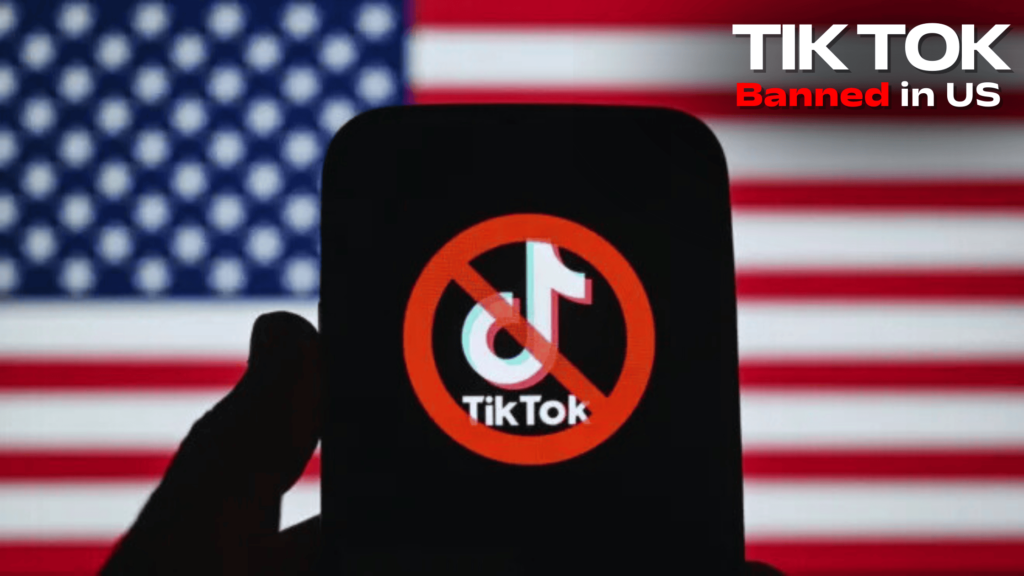The popular video-sharing app TikTok has faced significant scrutiny worldwide, but perhaps no debate has been as heated as its standing in the United States. As of recent developments, TikTok has been banned in the US due to concerns over national security, data privacy, and its links to the Chinese government. This article examines the reasons behind the ban, the impact on users and businesses, and the broader implications for technology and international relations.
Why Was TikTok Banned?
The US government’s primary concern lies in TikTok’s ownership by ByteDance, a Chinese tech company. Critics argue that Chinese law could compel ByteDance to share user data with the Chinese government, posing a significant risk to national security. TikTok collects vast amounts of user data, including location, preferences, and device information, which some believe could be weaponized for espionage or other nefarious purposes.
Furthermore, allegations of censorship and propaganda dissemination have added fuel to the fire. Opponents claim that TikTok could suppress content critical of the Chinese government or amplify divisive narratives in US society.
The Legislative Push and Legal Battles
The move to ban TikTok has been years in the making. During the Trump administration, executive orders sought to limit the app’s presence in the US. These efforts were met with legal challenges, and subsequent administrations have revisited the issue.
In 2023, Congress proposed the RESTRICT Act, which granted the US government broader authority to regulate technology from foreign adversaries. TikTok was among the first targets under this legislation, leading to its ban.
Impact on Users and Businesses
The ban has sparked outrage among TikTok’s millions of US users, particularly younger demographics who use the app for entertainment, education, and social interaction. Content creators who rely on TikTok for income face significant disruption, with many scrambling to pivot to other platforms like Instagram Reels or YouTube Shorts.
Businesses, especially small ones, are also feeling the pinch. TikTok’s unique algorithm provided an affordable way for brands to reach niche audiences. The ban forces them to reallocate marketing budgets and find alternative platforms to engage with their customers.
Implications for Technology and International Relations
The TikTok ban underscores the growing tension between the US and China over technology and influence. It also highlights the increasing focus on data sovereignty, where nations seek greater control over the data generated within their borders.
This move may set a precedent for other countries considering restrictions on foreign apps. It also raises questions about how democratic governments balance security concerns with free expression and the open internet.
What’s Next?
The future of TikTok in the US remains uncertain. ByteDance has explored options such as selling its US operations or increasing transparency regarding data practices. However, these measures have yet to fully satisfy US lawmakers.
For users, the ban is a stark reminder of how geopolitical tensions can directly impact their digital lives. It also amplifies the need for robust discussions about data privacy, technology governance, and international cooperation in the digital age.

















